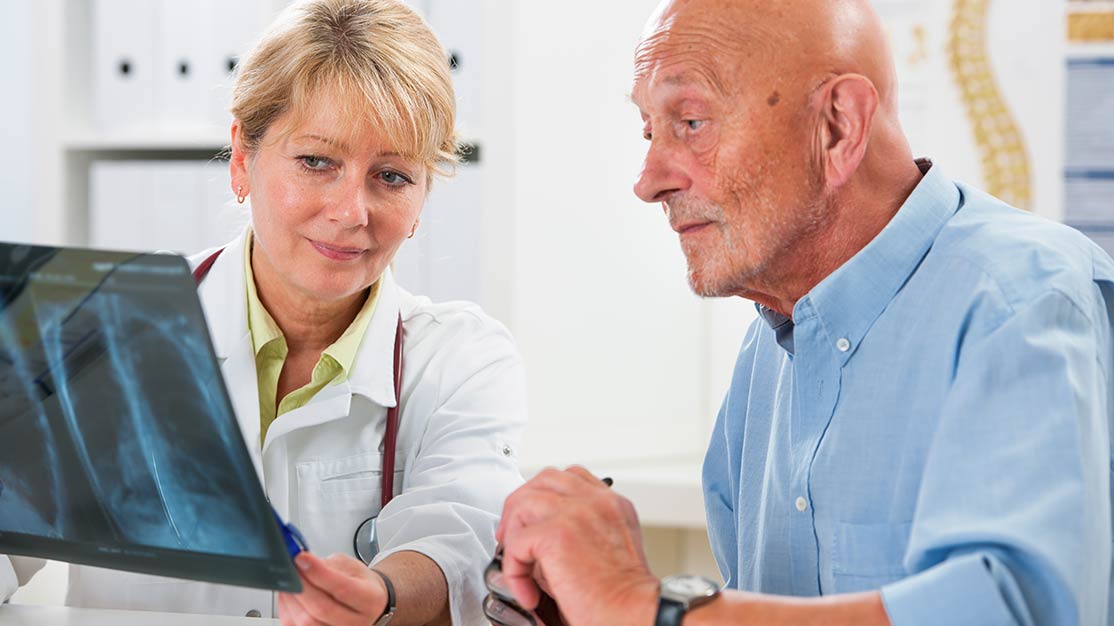Keys to Preventing Pneumonia

Pneumonia is an infection of the lungs that can be caused by various germs, including viruses, bacteria and fungi. Symptoms can include cough, fever, chills and shortness of breath.
While pneumonia can affect people of any age, it is most common and most dangerous in infants and young children, adults 65 years and older, and those with health problems, such as heart disease, diabetes, chronic lung disease or weakened immune systems.
The good news is pneumonia is often preventable. Read on to learn ways to safeguard your health and help protect yourself from pneumonia.
Get vaccinated
Vaccines may help prevent some types of pneumonia.
- Children younger than two years and adults 65 years and older should get vaccinated against pneumococcal pneumonia, a common form of bacterial pneumonia. The pneumococcal vaccine is also recommended for people who smoke and people aged two to 64 years old with certain medical conditions. There are two types of pneumococcal vaccines: the pneumococcal conjugate vaccine (PCV13) and the pneumococcal polysaccharide vaccine (PPSV23). Talk to your health care provider to see if they recommend these or any other vaccines for you.
- Influenza or flu is a common cause of pneumonia. Getting an annual flu shot can help prevent pneumonia.
- There are several vaccines that help prevent infection by other bacteria or viruses that may cause pneumonia, especially for children. These vaccines include Haemophilus influenzae type b (Hib), pertussis (whooping cough), measles and varicella (chickenpox).
Live a healthy lifestyle
Keep your immune system strong by eating a healthy diet full of fruits and vegetables, exercising regularly and getting plenty of sleep. If you smoke, talk to your health care provider about quitting. Smoking damages your lungs and makes it harder for your body to defend against germs.
Help stop the spread of pneumonia and other respiratory infections
The viruses and bacteria that cause pneumonia can spread when an infected person coughs or sneezes into the air. If you are nearby, you can breathe in these droplets or they can land in your nose or mouth. You can also pick up germs that cause pneumonia by shaking hands or touching contaminated surfaces, then touching your eyes, nose or mouth.
To protect yourself, it’s best to keep your distance from anyone who has pneumonia or other respiratory infections. Following good hygiene practices can also help prevent infections and reduce the risk of spreading it to others. These include washing your hands with soap and water or using an alcohol-based hand sanitizer regularly, cleaning surfaces that are touched often (like doorknobs and countertops), and covering your nose and mouth with a tissue when you cough or sneeze.
If you are sick and think you may have pneumonia, contact your health care provider right away.
Updated on March 24, 2020
Sources
https://www.cdc.gov/pneumonia/prevention.html
https://www.cdc.gov/pneumococcal/about/risk-transmission.html
https://www.cdc.gov/vaccines/vpd/pneumo/index.html